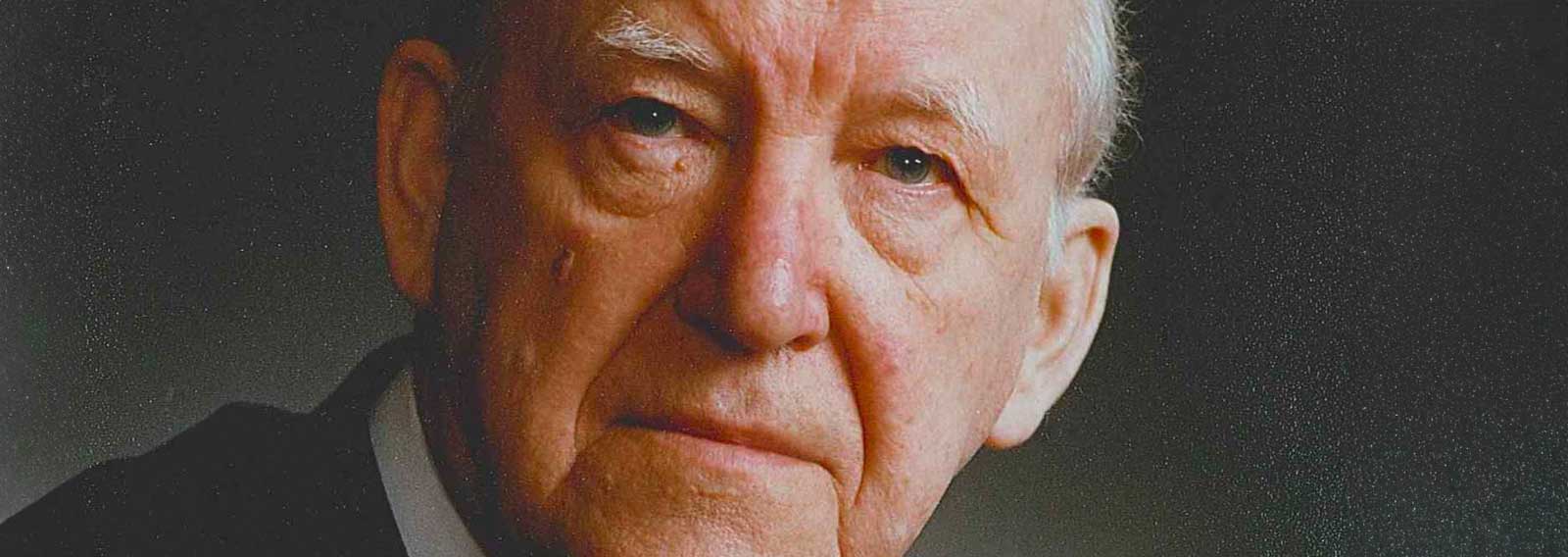All believers are called to be theologians. Theology is simply the study of God, and all Christians should want to learn more and more about the God they are called to love and serve. And we all should want to know God as accurately and carefully as possible.
As R. C. Sproul rightly stated: “Theology is unavoidable for every Christian. It is our attempt to understand the truth that God has revealed to us – something every Christian does. So it is not a question of whether we are going to engage in theology; it is a question of whether our theology is sound or unsound.”
To paraphrase C. S. Lewis: “Good theology must exist, if for no other reason, because bad theology must be answered.” And as must continuously be borne in mind, right theology is always tied in with right living. Orthodoxy always goes with orthopraxis.
If you love theology but have a lacklustre love for God and others, you might need to question things. Good theology must always lead to loving God more and to an increased desire to worship God more. Many quotes can be offered here on this. Here are six brief ones:
“Gentlemen, all sound theology must begin and end with doxology.”
G. C. Berkouwer
“True theology is done in the presence of God in the midst of the worshiping community.”
James B. Torrance
“High theology produces high doxology. The higher our view of God, the higher our praise will rise to Him.”
Steve Lawson
“If theology doesn’t change your life, it’s bad theology. Because theology doesn’t just define God for you, it redefines who you are as a believer in God.”
Paul David Tripp
“According to Thomas Aquinas, theology comes from God, teaches about God, and leads us to God…. This marriage of theology and doxology is normative in the pages of Scripture.”
Sinclair Ferguson
“Any theology that does not lead to song is, at a fundamental level, a flawed theology.”
J. I. Packer
We all must keep these vital truths in mind. I certainly need to. Those familiar with this site know that I write quite a lot on theology. This in fact is my 1431st article on theology. Learning and studying basic Bible doctrine is vital. But it must not fill our heads alone, but our hearts as well.
Many others can be mentioned here, but let me turn to one important voice on these matters. As many of you would know, Martyn Lloyd-Jones delivered a series of sermons on the book of Romans between 1955 and 1968 at Westminster Chapel in London.
Thankfully it was all turned into a majestic 14-volume expository commentary series. I have discussed this 5,000-page set elsewhere.
Here I want to look at his fourteenth and final volume. Commenting on Romans 14:5-9, he says this:
The devil always tempts us to become academic or theoretical. This is one of the greatest dangers confronting any Christian, but particularly those who are more intelligent. It applies to all areas of our lives, including our study of theology. We can be interested in a doctrine in a purely theoretical manner and almost forget that we are dealing with God, the Father, the Son, and the Holy Spirit, and these great doctrines of salvation. We can be handling them as if we were studying science or any other secular subject – and that is a terrible thing. We must never forget the spirit. (p. 95)
And his remarks on Romans 14:14-17 are worth quoting from at length:
People in earlier times used to boast that theology was the queen of the sciences. What they really meant was that it was the most interesting and the most profound of all the studies that a person could ever be engaged in, and, of course, that is right. But they should never have put it into competition with the others; it does not belong there. No, we must say that theology is different from every other study.
Why? Because with every other study you can be objective, and the more objective you are the better. You are detached, you look on. But if you study theology like that, it would be better for you never to have started. What is theology? It is the study of God. And can you study God objectively? Can you just look on intellectually? You cannot, it is impossible. To be strictly accurate, you cannot study God in any sense, but if you are trying to get knowledge about God and to know God, your whole attitude is immediately different because this is worship. When you are studying sciences or history, then you can lounge in an armchair or lie on your back in bed. But you should not study theology like that, because the study of theology always involves a relationship with God. That must never be forgotten. Indeed, if I may use the Apostle’s verse, I can put it like this: The kingdom of God is not logic-chopping about particular theological points of view or definitions, but it is my relationship to God – ‘righteousness, peace, and joy in the Holy Ghost.’
It is obviously necessary that the man who is to preach and teach should be rendered capable of doing so. He may be a good Christian man, he may be highly spiritual, but he needs a little more than that in order to be a teacher, and he therefore needs a certain amount of training. That is all right, but the history of this matter shows very clearly that the moment you have a theological college there is danger and those involved must be watchful and careful.
This is a very difficult subject, and I do not want to go into it in too much detail. But you will find, if you go into the history of these matters, that the people who, say two hundred and three hundred years ago, formed academies and colleges for the training of preachers, always realized the danger of separating theory from worship. So they reduced the course to the minimum, and tried to make it as practical as they could. But – and this was the most important thing of all – it was all in an atmosphere of worship. So the lecturer on theology would never dream of starting his lecture without prayer, without worship, without adoration, without reminding the students that the ultimate object was to bring them to a greater knowledge of God, in order that they might be better able to impart this truth to others; they always kept their teaching ‘living.’ I am thinking, for example, of the Independents like Philip Doddridge and others, who started their academies; I am thinking of William Tennent, who started the famous Log College, which later became Princeton University and the Princeton Seminary in America.
These men always safeguarded the study of theology, but the trouble was that as the years passed and as the spirituality of the professors and teachers went down and down, so the element of worship was forgotten and theology became an abstract science to be handled like any other subject. So the colleges became the source of the pollution, and this affected the life of all the churches.
And I am not only talking about past history; you will find that evangelical people in this century have failed to remember this principle. They have become more concerned with academic qualifications and results, with degree and diplomas awarded by secular universities, than with the spirituality of the men who are being trained. These men are packed with theoretical knowledge, and often a man who goes in with his heart ablaze with the truth and the desire to preach it and to propagate it, comes out as a man whose head is full of knowledge but who has lost the fire, and is neither a preacher nor really an adequate teacher.
So these, it seems to me, are some of the problems and the questions that are raised for us by this great statement of the Apostle Paul. We are dealing with the importance of balance and of a sense of proportion throughout the Christian life – in our personal lives, in our lives together in the church, in our training of men for the ministry, in our whole view of the local church and its relationship to other churches. The need for balance controls, as I hope to show you, all these matters. The troubles that have arisen in all these areas have come because men have forgotten that the kingdom of God is not this, that or the other, but ‘righteousness, and peace, and joy in the Holy Ghost.’ Throughout the centuries there has been a divided church and a dead church, a quarrelling church and a scandalous church, simply because this great principle has either been forgotten or has not been implemented.
David Martyn Lloyd-Jones, Romans 14, Banner of Truth, pp.212-215
Wise words from ‘The Doctor’ – and such necessary ones. May we never forget the essential connection between theology, worship and devotion.



















